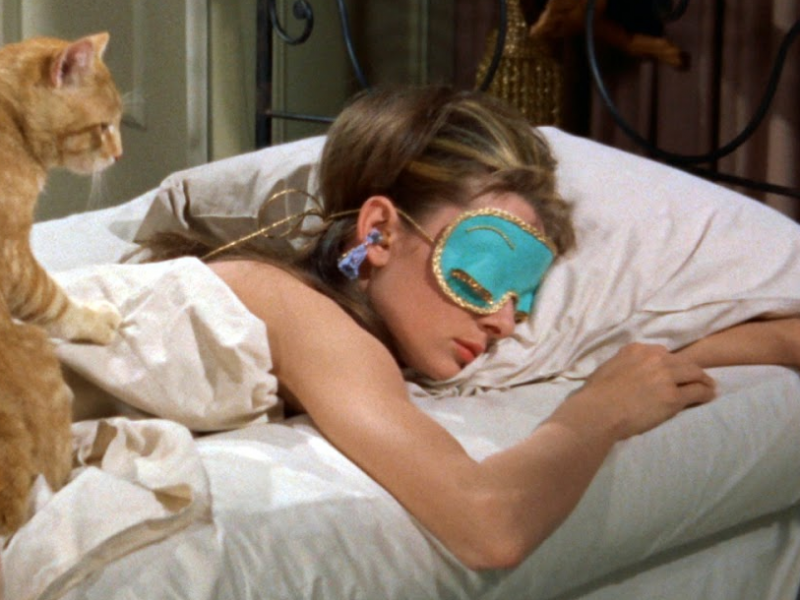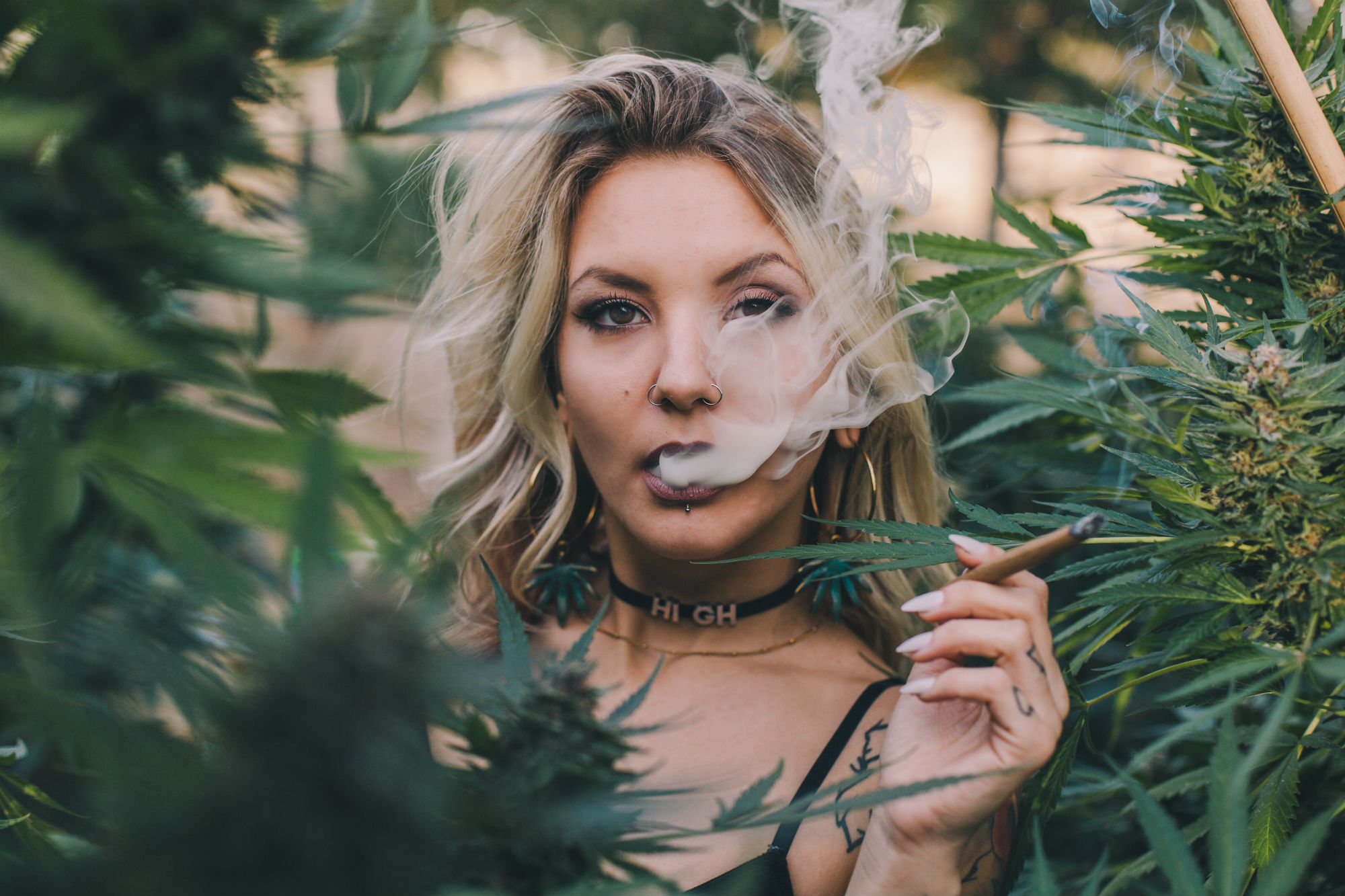- Insomnia is the most common sleep disorder in the US.
- As a result, several people use marijuana to help drift off to sleep.
- That said, scientists say it’s hard to find out how using weed to sleep actually works as the legal status of the drug is always shifting.
Insomnia is the most common sleep disorder in the US, according to the American Psychiatric Association. In fact, it’s estimated that about a third of the US population will experience an inability to sleep at some point in their lives.
Even though many people report using weed to help them drift off, the shifting legal status of cannabis means that it’s tough to find information on how using weed to sleep actually works or if it’s even a good idea.
Here’s what INSIDER found out about the effect of cannabis on sleep.
In some cases, weed might make it easier to fall asleep.

Cannabis is currently legal for medical purposes in 33 US states. Unfortunately, answers are thin when it comes to pinpointing the relationship between weed and sleep quality. This is due in part to the fact that it’s still very difficult for scientists to receive permission and funding to study cannabis.
Research conducted in the 1970s into the impact of weed on sleep produced conflicting results. Scientists found that using marijuana as a sleep aid helped participants fall and stay asleep, and perhaps even triggered a small increase in slow wave, deep sleep.
However, participants in the study complained of poorer sleep in the first night after stopping or decreasing their cannabis use. This suggests that the relationship between cannabis and sleep may not be entirely straightforward.
Research suggests that the more you use weed to help you sleep, the harder it might be to sleep without it.

The existence of a withdrawal period from cannabis in regards to sleep quality is supported by modern research. In fact, one study found that 65% of participants who began using marijuana again after stopping cited sleep problems as the main reason they restarted the habit.
Researchers even suggested that getting treatment for insomnia or sleep disturbances might help heavy cannabis users decrease or totally eliminate their drug use.
Over time, using weed heavily might actually make you sleep worse.

In 2016, scientists at the University of Michigan recruited 98 male participants in order to see whether the frequency of someone using marijuana affected the quality of their sleep. Participants included daily cannabis users, occasional users who smoked at least once a month, and people who never smoked. Each participant was given an activity tracking device and asked to keep a sleep journal for a week.
The study found that 39% of heavy cannabis users showed signs of clinically significant insomnia. In contrast, only 10% of occasional users reported sleeplessness. That's the same rate of sleep disturbance shown by participants who didn't smoke at all. These findings led researchers to suggest that using marijuana often might lead to poorer sleep overall, even if cannabis might help you sleep in the short-term.
However, it's difficult to determine whether heavy users were experiencing sleeplessness because of their cannabis use or whether they used cannabis more heavily in an effort to combat unrelated insomnia.
If you have anxiety or depression, marijuana might actually be a helpful sleep aid.

The same study that found long-term, heavy cannabis use can cause poor sleep quality also found that people suffering from some psychological conditions might be the exception to that rule. Cannabis users who reported having anxiety or depression had the same low levels of insomnia as people who didn't smoke weed at all, according to the study.
Therapeutic clinical trials of one cannabis-based medicine found that up to 50% of participants with sleeplessness caused by chronic pain saw a marked improvement in the quality of their sleep over the course of four years. Another study found that cannabis might have potential benefits in treating insomnia related to Post-Traumatic Stress Disorder.
Different strains of cannabis might have different effects on your sleep.

Adding yet another layer of complication to the question of how weed affects sleep, scientists suspect that different types or strains of cannabis might impact sleep differently. One study found that indica strains of cannabis might be linked to a greater frequency of nightmares, while participants who used sativa strains were less likely to show cannabis dependence.
The study also found that participants who reported symptoms of insomnia were more likely to be using cannabis with higher concentrations of CBD, and that using sleep medication at least once a week seemed to be linked to using cannabis with lower THC concentrations.
Some scientists, however, say that the idea that indica and sativa strains produce different effects is deceptive.
"There are biochemically distinct strains of Cannabis, but the sativa/indica distinction as commonly applied in the lay literature is total nonsense and an exercise in futility," Ethan Russo, MD, is a board-certified neurologist, psychopharmacology researcher, and medical director of PHYTECS, a biotechnology company researching and developing innovative approaches targeting the human endocannabinoid system, told Cannabis and Cannaboid Research.
Visit INSIDER's homepage for more.

